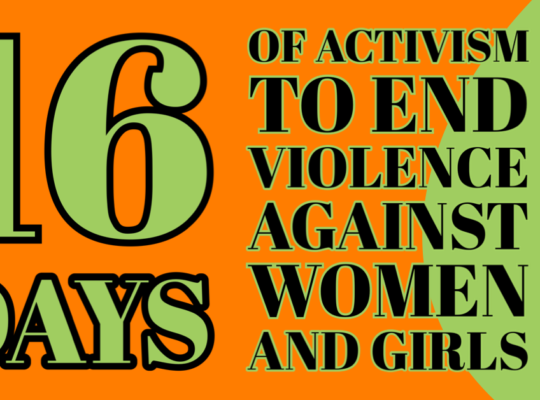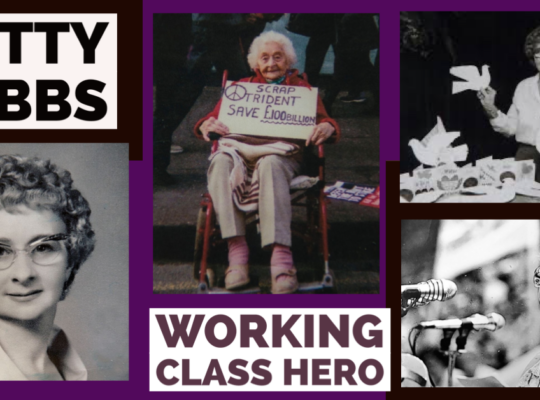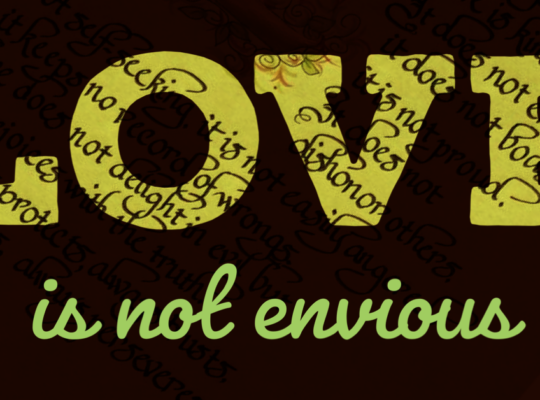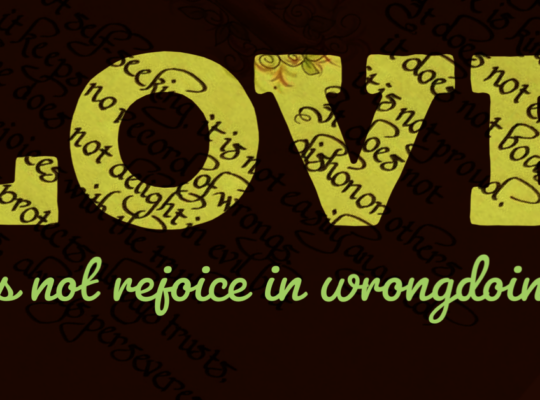18th February, 2021
If you’ve experienced abuse you know that it’s not limited to violence or to single incidents but follows a pattern of coercion and control. When I was with my abuser, I experienced abuse under all the following headings. When I worked with other women who had been abused these categories were familiar to them too. Do they sound familiar to you?
• Isolation.
He was clever and manipulative with this one. We moved, lots, just as we were starting to build relationships we’d need to move, “a fresh start,” he’d promise, would change things. He was addicted to internet shopping, so most days I had to wait in for parcel deliveries, and my shoes were regularly going missing. That’s before we even talk about the ice-cold atmosphere he created in our home; visitors couldn’t get away fast enough. After we split up my friend confessed that a mutual friend had told her she’d put distance between us because she found him so intimidating. I wonder how many other friends were driven away by him.
• Monopolisation of perception.
He makes sure I see only his worldview. After he beat me black and blue, I remember falling out with a friend who said she would not speak to him again until he took full responsibility for being an abuser and sought help. I told her she was unsupportive, she didn’t understand what he’d been through, she was a bad friend. I always defended him, even when his behaviour was atrocious, even to those who chastised him for hurting me. I was always a fighter and he provided no end of battles for me to fight on his behalf. He was always the victim in my eyes. After I left, I truly felt I was waking up from being brainwashed.
• Exhaustion
“Oh of course Princess Sally has to have her beauty sleep, it’s far more important than sorting out her marriage” he yelled at me at 4am when we’d been arguing since early evening the day before and I begged him to let me go to bed. We finally went to bed at 6am, he took a sleeping tablet and spent the whole of the next day asleep. I got up at 7am to look after the children. Living with domestic abuse is physically and emotionally exhausting.
• Threats.
We’ve heard them all haven’t we, threats to hurt us, threats to kill us, threats to rape us, threats to hurt the children, our families, our friends, our pets. Threats to tell people our secrets, to post ‘those pictures’ online, threats to turn up at our work and get us sacked, threats to call the police and tell them we’re the abusive one, threats to divorce us and take the kids, the house, everything. Threats that if social services find out they’ll take the kids, threats of suicide. The list is endless, sometimes they’re overt sometimes they’re veiled, like the flowers that turn up for me at my new address that communicate “I know where you live”
• Occasional indulgences.
He was like Dr Jekyll and Mr Hyde, one minute he’d be foaming at the mouth, the next he’d be the perfect husband. Rare family days out where he’d be nice for the whole day, compliments. We learn to “earn” these indulgences by complying with their demands.
• Demonstrations of total power.
Mine was a choker, he’d put me in choke holds and I’d wonder if this would be the occasion when he wouldn’t let go in time, I’d wonder if that was it. When someone could extinguish your life just by holding that grip for a few minutes longer you know you’re completely under their control.
• Degradation.
There’s no end to the degrading ways an abuser will humiliate their victim, from pouring their dinner over their head to unspeakable sexual acts. But it doesn’t have to always be extreme, anything that de-humanises us comes under this category. Mine used to say it wasn’t an insult that he called me ‘bitch’ instead of ‘Sally’, because it was accurate.
• Enforcing trivial demands.
I had to cut his food up for him into 1cm square cubes. I wasn’t allowed to dig in the butter, double light switches had to always be lined up. He said it was “because I’m a bit OCD.” In truth it was a way of exerting power, of breaking my will.
I’m sure that these categories are familiar to most abuse victims. If you’ve experienced abuse you can probably give examples under each of them.
There are models that explain the processes abusers use to control their victims, but these headings don’t come from one. In 1956 a psychologist called Albert Biderman produced a framework to describe the methods used to torture and break the will of prisoners of war. The category headings above are torture techniques. It has since been widely accepted that these categories also apply to domestic abuse.
Nigella Lawson famously referred to the abuse that Charles Saatchi subjected her to as “intimate terrorism” she was not exaggerating. The comparison between abuse and torture is real. Anyone who has survived domestic abuse has a great deal to recover from, and no doubt a massive reserve of strength and tenacity to have survived.







